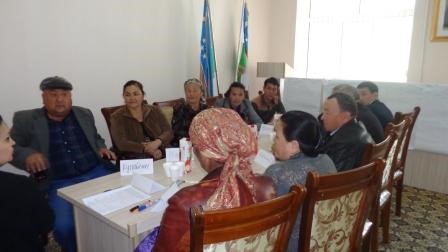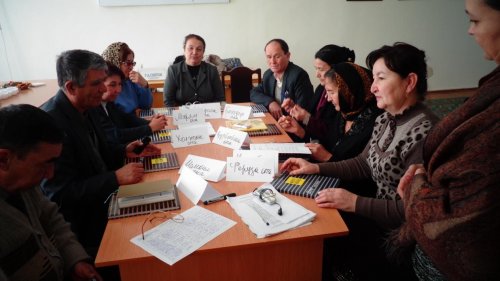

PROJECT TITLE: Listening to the Citizens of Uzbekistan: Qualitative Monitoring
CLIENT: The World Bank
PERIOD: 2018
PROJECT AIM
The objective of the monitoring study is to assess how trends and relatively short-term fluctuations (availability of jobs, food prices, costs for fuel, quality of centralized services, remittances, etc.) and policy reforms affect wellbeing, coping strategies, livelihood strategies, relationships inside the local communities, and the role and impact of social assistance provided by the state. In addition, the monitoring approach (repetitive collection of qualitative data) intends to identify the time periods when rural and urban households are the most vulnerable to shocks, the presence and importance of different income sources within a year, the role of men’s and women’s income in different parts of the year, etc.
DESCRIPTION OF ACTUAL SERVICES PROVIDED IN THE ASSIGNMENT
The qualitative monitoring were based on as FGDs and KIIs, which were conducted three times a year in different seasons in the same settlement with the same respondents. Data were collected during different target seasons: post-harvest/heating season (November–February), growing/non-heating season (March–July), and harvest/non-heating season (August–October). Four sampling regions were selected based on criteria including geographic diversity, population density, regional poverty rate, proportion of rural population, and level of industrial development. The qualitative field survey consisted of several components including focus group discussions (FGDs) and key informant interviews (KIIs) conducted at the same sites, totaling 24 FGDs (Total 72) and 36 KIIs (Total 108) within each round.
Deliverables
Conducted data were submitted to the WB team in the following format:
-Piloting materials/finalizing of FGD/KII guides;
-Audio records with all FGDs and interviews;
-FGD write-ups in Russian (template to be provided);
-Full transcripts (verbatim) for FGDs and interviews in Russian;
-A set of pictures that illustrates how FGDs and KIIs with different groups were conducted;
-Reporting on any replacement during the qualitative data collection (Rounds II and III).drafting and approving guides for interviews and FGDs.